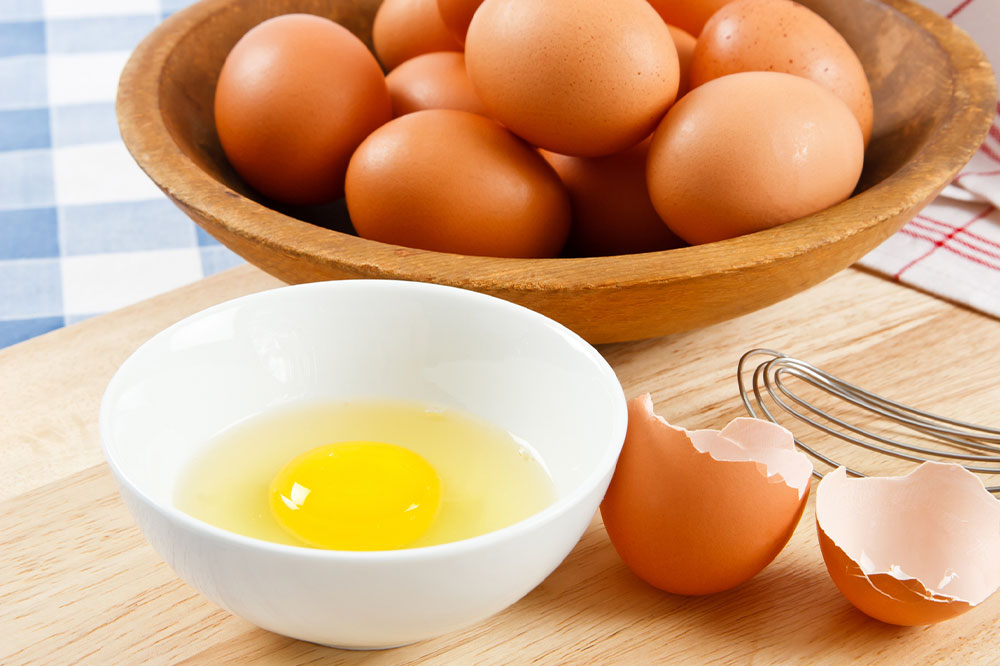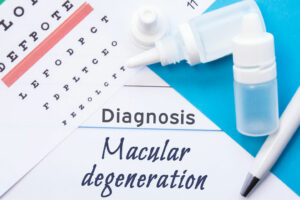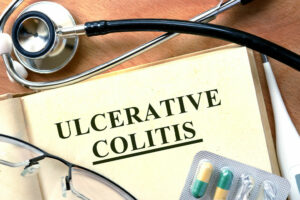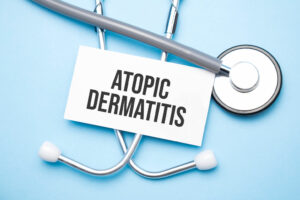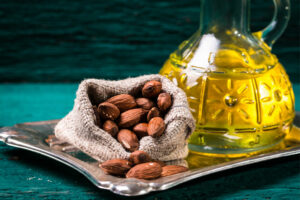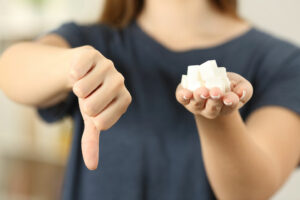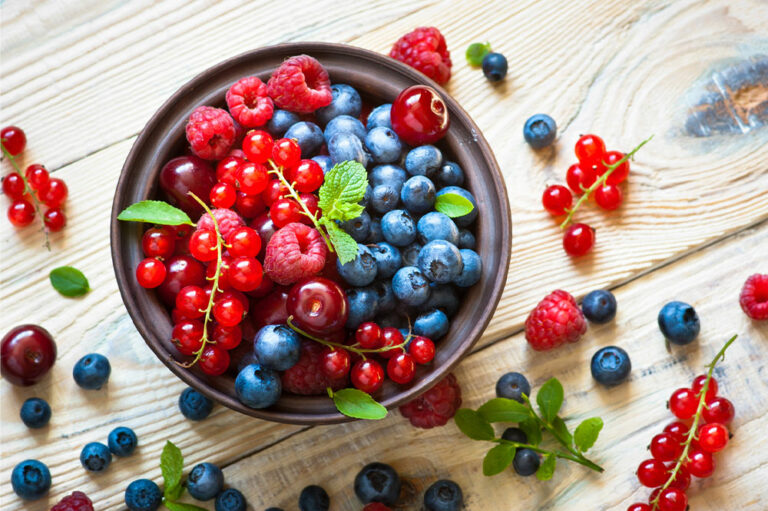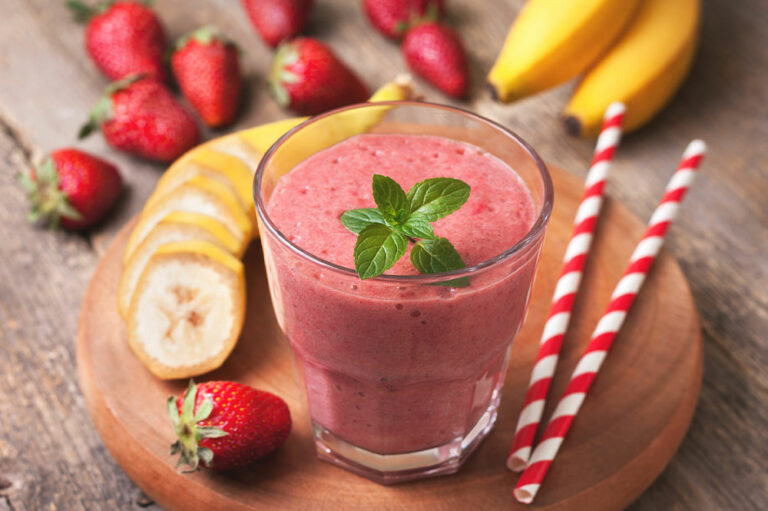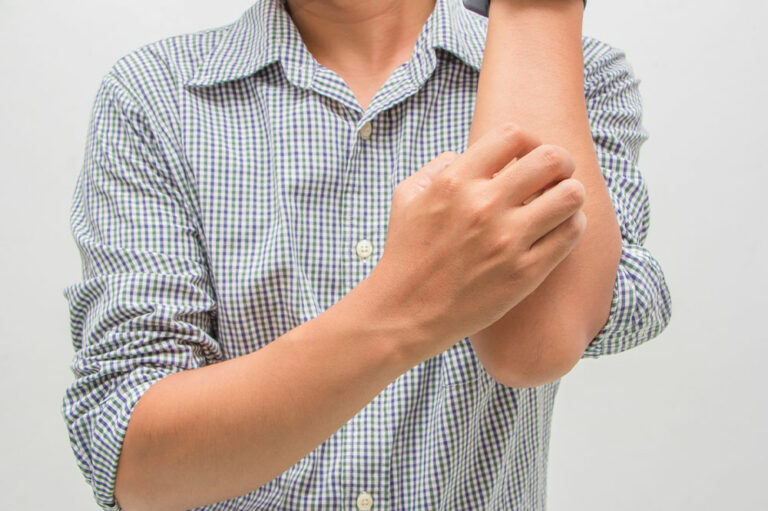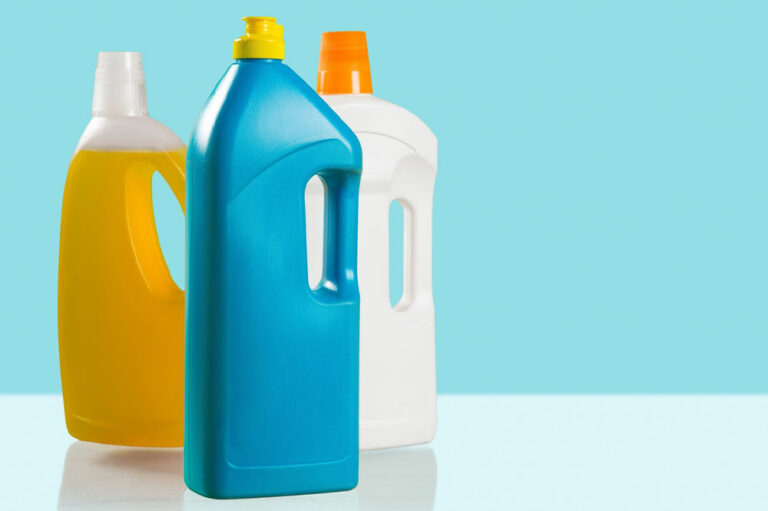As a cat parent, you want to do everything possible to keep the feline active and happy, including brushing their fur regularly, traveling with them for vacation, and ensuring they get the best healthcare services. Another thing you must do for your cats is to provide them with the necessary nutrition, even if you feed them home-cooked meals. However, not all human foods are safe for cats. So here are some foods that you should avoid.
Raw eggs
Eggs contain a load of health benefits for both humans and cats as long as they are cooked. Failing to do so could lead to salmonella or E.coli poisoning in your pet. While the symptoms of the illness may differ from one individual to another, a few common ones include lethargy, vomiting, and lethargy. The same diseases may also spread to humans who consume the food raw. Raw eggs may also contain a harmful enzyme that may damage the skin and coat of your pet cat. Therefore, ensure that you cook the eggs properly before serving.
Chocolate
While humans always enjoy chocolate in moderation, it is one of the worst foods for cats. Besides being loaded with sugars, most chocolates contain methylxanthines (theobromine and caffeine), which could trigger symptoms like diarrhea and vomiting, muscle tremors, abnormal heart rhythms, abdominal discomfort, and seizures. The property is also found in caffeinated beverages and should be kept away from cats. The more cocoa powder in chocolates, the higher the risk of complications in cats following ingestion.
Bread dough
Bread dough usually contains yeast, which is one of the worst properties for cats. When ingested, the yeast-based dough may rise and trigger the build-up of gas in your pet’s digestive system. The process may lead to stomach bloating and twisting, which could be fatal if not addressed immediately. Yeast may also produce other properties in the stomach, which may result in symptoms such as breathing difficulties, coma, vomiting, and diarrhea.
Milk
Most cats may enjoy drinking milk when you serve them a bowl full. However, this might not be the best option for their health. Milk contains lactose, which might be difficult for the feline to digest. Most cats are only exposed to lactose in their mother’s milk when they are kittens. So the feline might be unable to handle the reintroduction of lactose from milk produced for human consumption. As a result, they might have an upset stomach or diarrhea.
Grapes
Humans love munching on grapes occasionally, at home, or on the move. However, you must keep the citrus fruit away from your cat’s reach. Grapes contain citric acid and also essential oils that are unhealthy for cats. Even the ingestion of stems, peels, seeds, and leaves should be avoided. Additionally, small quantities of grapes may result in an upset stomach. Larger amounts may trigger symptoms like vomiting and diarrhea and deteriorate their central nervous system. Other citrus fruits that should also be excluded from your pet’s meal plan include limes, oranges, clementines, and lemons.
Coconut
Whether it’s the flesh of the coconut or the water, both harm the feline’s health. While small amounts of fresh coconut milk and flesh may not lead to any symptoms, they could trigger digestive issues in pets. The water is rich in potassium, which is considered unsafe for pet health. However, you could consult with an expert about using coconut oil to tackle certain skin conditions your pet may develop.
Onions
While some vegetables are necessary to boost cat health, you should avoid feeding your pet onions. Consumption of the vegetable in any form, such as powdered, cooked, raw, or dehydrated, may break down your pet’s red blood cells and lead to anemia. The phenomenon could trigger anemia, weakness, and shortness of breath. Furthermore, consumption of onions may also result in pale gums, orange to dark urine, lethargy, and weakness in cats, which requires immediate attention. Apart from onions, one should also avoid feeding their cats garlic and chives as these may also have damaging effects on their health.
Raw meat and fish
Just like raw eggs, undercooked meat and fish may also trigger a range of complications in your pet cat. These types of raw meat contain bacteria that could lead to food poisoning. Furthermore, raw fish contains an enzyme that could destroy thiamine, an essential B vitamin necessary for cats to thrive. The lack of this vitamin in their body could result in neurological problems such as coma and convulsions. You should also avoid feeding your pet raw bones. While they might enjoy it, bones often pose a choking hazard and may also injure their teeth and digestive tract.
Salt
As humans, we add salt to several foods to enhance the flavor of the dish. However, this could be harmful if added to your pet cat’s meals, especially if the concentration is high. While the ingredient is necessary to maintain the electrolyte balance in the body, its excess intake could have adverse effects such as vomiting, diarrhea, muscle weakness, rapid heartbeat, seizures, disorientation, behavior changes, and coma. If you’re unsure whether your cat has accidentally ingested too much salt, you could also look for signs, such as changes in their water intake and urine volume.
Canned tuna
Most people believe feeding their pets canned tuna will ensure they receive the necessary nutrition from the fish. However, a regular meal regime that includes this product may result in malnutrition because of its lack of healthy nutrients. Furthermore, tuna could increase the risk of mercury poisoning in your pet. If the cat loves the taste and smell of the fish, try feeding them cat food made with human-grade tuna. These foods are designed to provide the necessary vitamins and minerals required for a cat to thrive.
Liver
While you may find several liver-based treats made for cats, giving them too much may have adverse effects on the body. The food may trigger vitamin A toxicity, affecting their bones and threatening their life. Signs of this complication include unusual bone growths on the elbows and spine, deformed bones, and osteoporosis.
